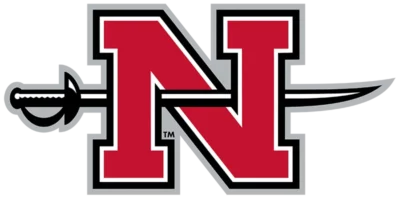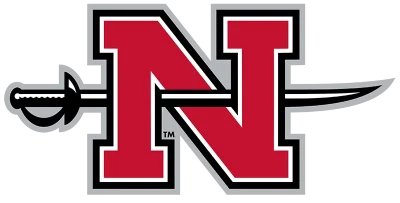The authority over student behavior involving individuals, groups, and/or organizations rests with the Board of Supervisors for the University of Louisiana System and is delegated by them to the President of the University. The President delegates authority in matters of non-academic student conduct to the Vice President for Student Affairs and the Dean of Students to establish and hold student conduct proceedings that will ensure the proper administration of the University’s rules and regulations. The Vice President of Student Affairs and Dean of Students, along with the Director of Conduct and Accountability, shall oversee the operation of the student conduct system and administration of the Standards of Conduct. The Dean of Students and the Director of Conduct and Accountability have the right to consider all alleged violations of the Standards and determine if a student, group, or student organization should be sanctioned for the violation(s). The Director of Conduct and Accountability shall determine the appropriate course of action for all alleged violations. In exceptional circumstances and in the Vice President of Student Affair’s discretion, the Vice President of Student Affairs may modify procedures outlined under these Standards of Conduct.
In addition, Nicholls State University expressly reserves the right to revise, supplement or withdraw any policy or portion of a policy from time to time, as it deems necessary.


